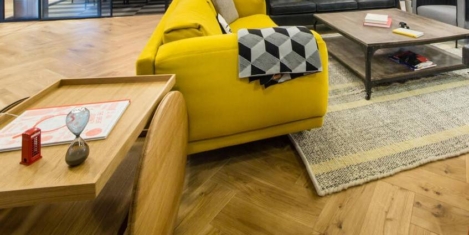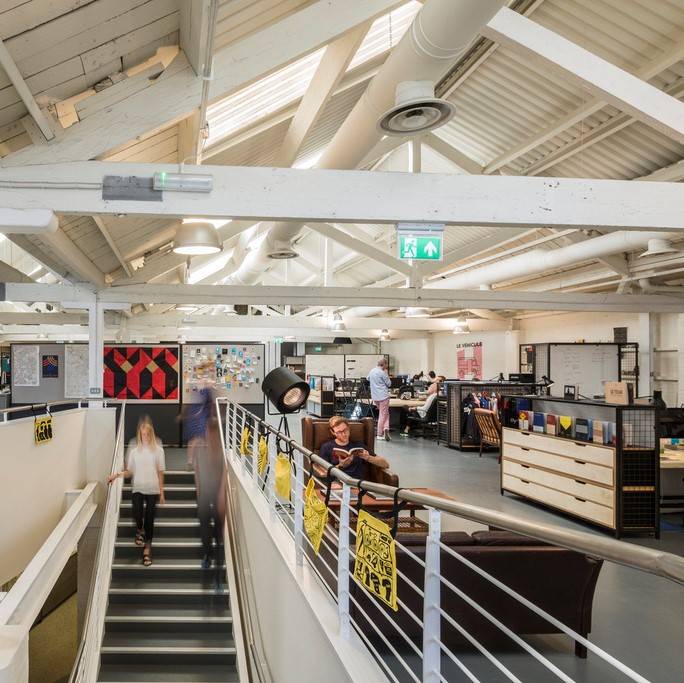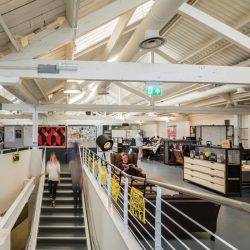March 13, 2018
Many office furniture firms remain confused about social media and online communication
![]() At Watson King we surveyed the websites of the Top 100 European manufacturers of office furniture products, the results showed that 13 percent use no form of social media at all and 25 percent use less than three types. There are also some surprising results on which the most popular channels are. There is evidence to suggest that companies are unsure about the most effective way to use social media channels and which ones are the most appropriate to select. Also, there appears to be fundamental issues on how to integrate social media and communication channels to get the best results.
At Watson King we surveyed the websites of the Top 100 European manufacturers of office furniture products, the results showed that 13 percent use no form of social media at all and 25 percent use less than three types. There are also some surprising results on which the most popular channels are. There is evidence to suggest that companies are unsure about the most effective way to use social media channels and which ones are the most appropriate to select. Also, there appears to be fundamental issues on how to integrate social media and communication channels to get the best results.
































March 15, 2018
What the Chancellor’s Spring Statement means for the employment landscape
by Oliver Shaw • Comment, Workplace
(more…)